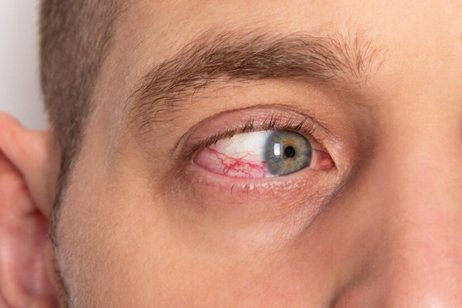An eye condition affects individuals with diabetes. It occurs when high blood sugar levels destroy the blood vessels in the retina. Here is an overview of the key aspects of diabetic retinopathy, including symptoms, management, and treatment options.
What Are the Symptoms of Diabetic Retinopathy?
In the early stages, diabetic retinopathy may not present noticeable symptoms. As the condition advances, individuals may experience:
- Blurred or fluctuating vision
- The appearance of floaters (dark spots or strings) in the vision
- Impaired color vision
- Difficulty reading
- Complete vision loss if left untreated
How Can Diabetic Retinopathy Be Managed?
Optimal Diabetes Management:
- Control blood sugar levels by combination of diet, exercise, and medication.
- Monitor blood pressure and cholesterol levels, keeping them within a healthy range.
- Follow the treatment plan prescribed by the doctor.
How Often Should You Get Eye Exams?
Regular eye exams are important for detecting diabetic retinopathy early.
- Undergo comprehensive eye exams at least once a year or as recommended by your eye specialist.
- These exams often include pupil dilation to allow for a detailed examination of the retina.
What are the Treatment Options for Diabetic Retinopathy?
- Laser Treatment: A laser used to seal leaking blood vessels or shrink abnormal vessels in the retina.
- Injections: Injected into the eye to reduce swelling and it inhibits the growth of new blood vessels.
- Surgery: In more advanced cases, surgery is required to remove blood and scar tissue from the retina or repair retinal detachment.
How Can Lifestyle Modifications Help?
Maintaining a healthy lifestyle is key to managing diabetic retinopathy:
- Regular exercise and a balanced healthy diet help to control blood sugar levels.
- Avoid smoking, as it can accelerate the progression of diabetic retinopathy.
Why Is Collaborative Care Important?
Work closely with your healthcare team, which may include endocrinologists, ophthalmologists, optometrists, and diabetes educators.
- Collaborative care ensures a comprehensive approach to manage both diabetes and diabetic retinopathy.
Conclusion
Early detection, regular monitoring, and proactive diabetes management are essential for preventing and controlling diabetic retinopathy. Annual eye exams and a healthy lifestyle play a vital role in safeguarding vision and overall well-being.


